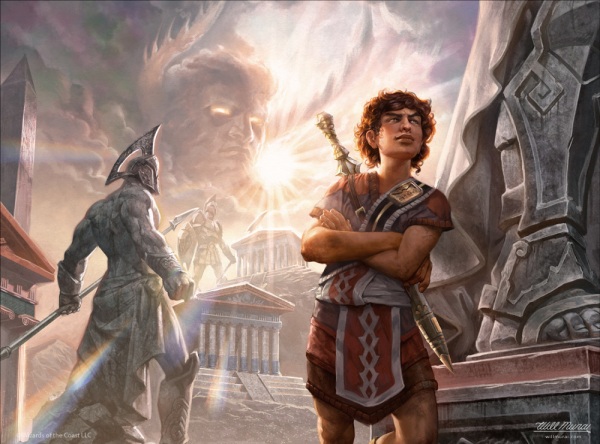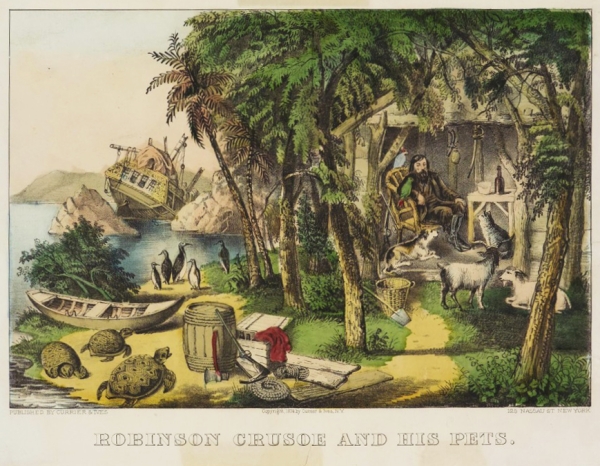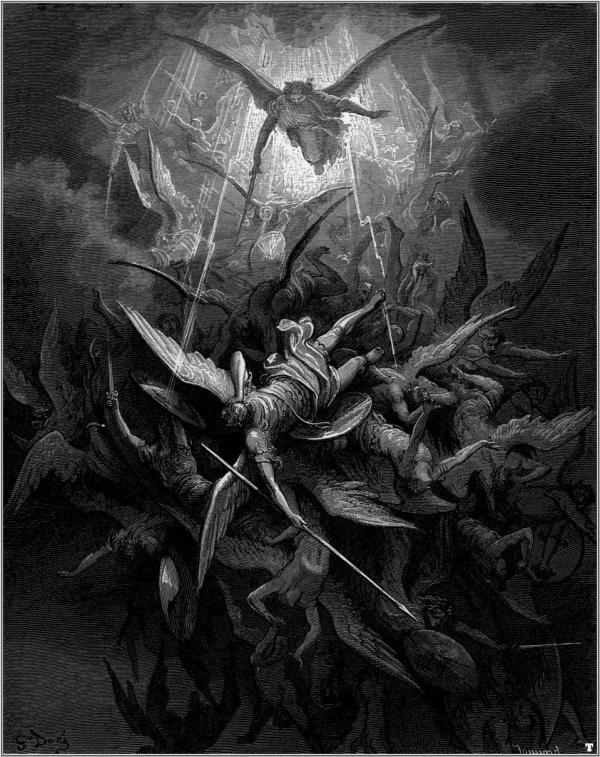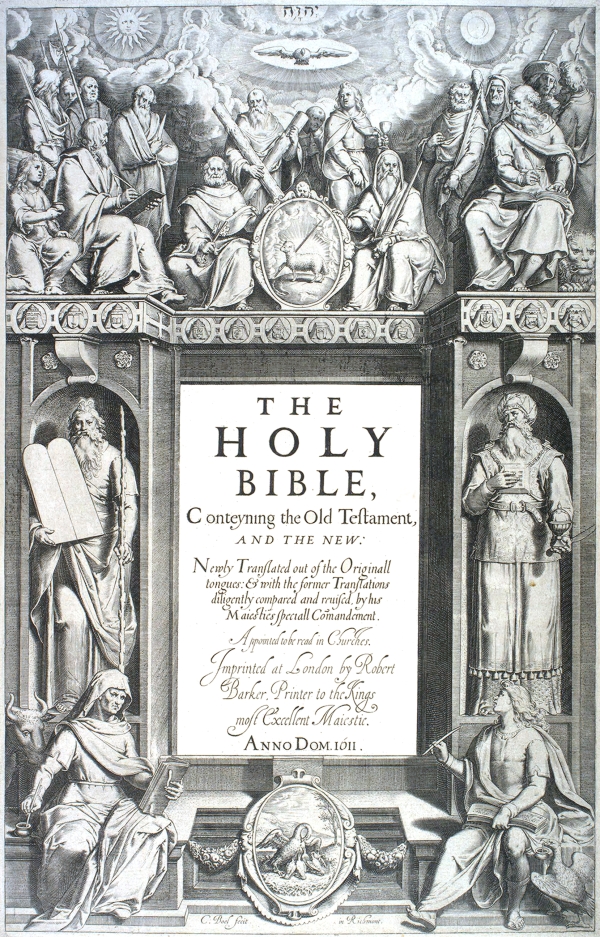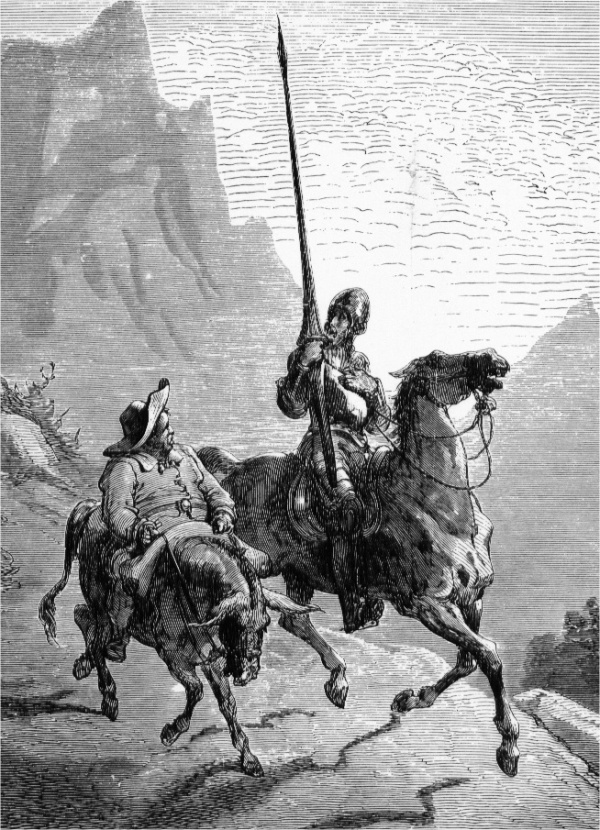The Western Mindset, as proven throughout history, has been that of an achieving and perseverant spirit that seeks to answer questions and find solutions. The Ancient Greeks were renowned as great philosophers, responsible for important advancements in mathematics, cosmology, architecture, chemistry, atomic theory, philosophy, etc. The values & ideologies of our time, the clothes we wear, the electricity that powers the device you’re reading this on, all have originated in the West. Through trial and error, it has overcome and evolved into what it is today, it’s not perfect, but it is certainly better. The scientific method, a uniquely Western enterprise, which involves observing measurable or empirical data, forming a hypothesis and finally testing it while making every attempt to eliminate preconceived notions and emotional bias. The methodology is used, and we strive to form conclusions based on unbiased analysis, devoid of our hopes and fears.
Whether we are consciously aware of it or not, most rational people in the West adhere to this way of thinking and, apply it to most aspects of their lives. It is a mindset in which we disregard the emotional (and sometimes physical) feelings, be they negative or positive, and focus only on the end goal. We can thank the historical experiences of the Renaissance, the Scientific Revolution, the Reformation, and the Enlightenment for this.
Europe during the 15th century saw the spark that would forever change all aspects of people’s lives across the civilized world. The printing press had been invented, and its use was so widespread that it was impossible for any centralized entity to control the fluctuation of ideas they did not see fit, and so the monopoly of state and church over people’s lives was broken. This led to great technological, theological, literary, scientific, and philosophical advancements along with the writing of esteemed works of literature. If the printing press had never been invented or used in the manner that it was, we would have never known the existence of these works, or if they would have even been written in the first place. This all thanks to individuals throughout history who had gone against all odds, holding true to their ideals and facing the status quo head-on. The origin story of Western Civilization was founded through struggle and optimism (“hopefulness and confidence about the future or the successful outcome of something.”) that everything would be better in the future. The mindset is prevalent even today, where individuals who risk everything they have for a chance to succeed in the free market or in service to their of countries, knowing they could lose everything they have along the way.
Anyone who’s ever read Candide, Romeo & Juliet, Robinson Crusoe, Harry Potter (more modern examples), or The Lord of the Rings knows that the protagonists endure terrible trials that would put them to the test. They would go through all this and more, some wouldn’t even make it out alive, yet they knew that the quest they had embarked on had to be completed. The Bible, one of the most well-known pieces of literature contains plenty of stories of individuals who went against all odds, knowing they would face certain doom in the physical world, comforted only by faith in God. The whole idea of Christian theism is that we should strive for what’s good, even if it means we must make sacrifices along the way, but that at the end it will all be worth it. This is deeply ingrained in Western culture, whether we like it or not, and has been for centuries, along with our more ancient pagan roots. An example would be Hellenistic literature, which was, very often, full of sad and tragic outcomes. It was a different worldview, but even then heroic deeds were praised above any other, as they would be sacrificing themselves for a greater purpose. They were certain something good would come out of it, or would at least be preserved.
Nowadays, we rarely see movies or read books in which the leading protagonist fails in his mission, and evil comes out triumphant over good. This is because there’s a pattern for storytelling which is very popular among authors, and moviemakers in the West called “The Hero’s Journey”. Events that transpire during this Journey include The call to Adventure, Assistance, Departure, Trials, Approach, Crisis, Treasure, Result, Return, New life, and Resolution.
Just by reading these stages of “The Hero’s Journey”, we can get an idea and make sense of how it fits in books that may have been even written hundreds of years ago! This means that the Hero’s Journey is centered around the idea of optimism and that for the character something he wants, he needs to do or must do will produce the end goal he is seeking. Almost every movie out there nowadays is structured through the Hero’s Journey, as well as most fictitious and even non-fictitious pieces of literature.
Robinson Crusoe departs from his middle-class, comfortable and promising lifestyle to one of storms, shipwrecks, battle, and danger, finding treasures along the way, facing trials and eventually ending up in an island with a new mindset and a new home. Candide is kicked out of the Castle he resided in for kissing a Lord’s daughter and is then picked up by the Bulgarian, by whom he is flogged for deserting and is forced to fight for a King he doesn’t know of. Ironically, the same Bulgarians he fought for sacked the Castle he once resided in, but figures out that the love of his life is still alive, but as a slave somewhere in a foreign land. He then undergoes multiple adventures in different lands, and finds “El Dorado”, one of the most sought-after wonders in the world, but also meets great companions along the way. In the end, he reunites with his love and buys a farm, in which he and his companions cultivate one’s garden, which Candide believes to be the purpose of life. Frodo in ‘The Lord of the Rings’ departs from the shire because the ringwraiths seek the Ring, and Gandalf told Frodo that if he does not go, all is surely lost. Along the way, he finds companions such as Aragorn, Merry, and Pippin which then accompany him to Rivendell. Along the way, he faces great trials and is even stabbed by one of the Ringwraiths (in “The Fellowship of the Ring”). This among many trials is what he and the rest of the Fellowship endure, and yet they kept faith even when their numbers were few, their cities were sacked and the last men of the West were standing in front of the Black Gate of Mordor. Optimism is what drove these people to fulfill their destiny, and is what drives us every day to accomplish deeds, whether they are grand or small, yet great by their own right.
All these stories possess protagonists which are on a journey to accomplish something. They all went through the Hero’s Journey and were not always optimistic about the future. Sometimes, we need to view things the way they are, and just think about how we can turn the tide towards a better future. Good judgment creates optimism, and each one of these Heroe’s took the decision that would turn out to give them a glimmer of hope. Great historical figures made due with what they had, and in turn, won or lost greatly depending on the end result. In my opinion, we have stoic attitudes mixed in with a certain degree of compassion here in the West, which enables us to be hard yet human at the same time while proceeding with any endeavor.
Literature is the reflection of human experience, therefore it is the reflection of culture. The environment the author was raised in or finds himself indirectly affects the way he writes about things, and what he writes about. Nowadays, almost anyone in the world has access in some degree to endless amounts of information provided to us freely through the internet. Globalization has allowed us to break free from the informational limits that our parents and grandparents endured, which has, in turn, led to a vast array of authors from everywhere in the world writing about various subject matters.
It is very similar to what happened during the late 15th century and onwards, as information became more accessible, everyone started becoming more informed on matters they previously had no knowledge of. Authors could write against establishment powers, debunking their version of what is true or what is not. No better example of this than Martin Luther’s ’95 Theses’, in which he debunks the sale of indulgences by the clergy and various other faulty interpretations that seemed more keen on maintaining a docile laity than a spiritually enlightened one. His ideas spread like wildfire thanks to the printing press, and years later whole Kingdoms would renounce the Catholic Church, and to this day several Christian denominations derive from Luther’s ideas. This led to the Catholic Church reforming itself from this theocratic establishment to a more open and accepting one. The same was true for monarchies everywhere, as the ideas of the Renaissance were popular among rulers which in turn led to reforms in the way their governments operated.
The conception of Optimism in literature nowadays is that it’s a childish thing worthy only of the lower culture of modern, Western literature. These include fantasy and fiction and exclude the high literature works which are ambiguous in most regards. Yet we are so quick to dismiss the fact that even if the Author does not intend it, there will always be some degree of optimism in the story of a character’s life. Optimism in Literature does not exclude the possibility of failure. If it weren’t for the fact that there’s always an underlying chance of failure, despair, and destruction then optimism would mean nothing, as it is something we cling on to during dire circumstances.
Furthermore, I believe that the optimism has been, and will continue to be the focal point for culture throughout the West and even the whole World.
Nowadays, there is a big emphasis on positivity in every aspect of life, and it is transmitted to us through mediums such as art, literature, music, and others all inside
the sphere of social media. Be it called faith, hope, optimism, love, positivity… it has had great impact on our historical development in the West, and I believe that it will continue to do so as long as we embrace the hustle of going after what we want, embracing the truth, chasing our dreams and doing what is right.
No better way are my thoughts expressed than through these quotes from Lord of the Rings, which summarize what I believe is the optimistic, western mindset.
FRODO: I can’t do this, Sam.
SAM: I know. It’s all wrong. By rights, we shouldn’t even be here. But we are. It’s like in the great stories, Mr. Frodo. The ones that really mattered. Full of darkness and danger they were. And sometimes you didn’t want to know the end. Because how could the end be happy? How could the world go back to the way it was when so much bad had happened?
But in the end, it’s only a passing thing, this shadow. Even darkness must pass. A new day will come. And when the sun shines it will shine out the clearer. Those were the stories that stayed with you. That meant something. Even if you were too small to understand why. But I think, Mr. Frodo, I do understand. I know now. Folk in those stories had lots of chances of turning back only they didn’t. Because they were holding on to something.
FRODO: What are we holding on to, Sam?
SAM: That there’s some good in this world, Mr. Frodo. And it’s worth fighting for.
